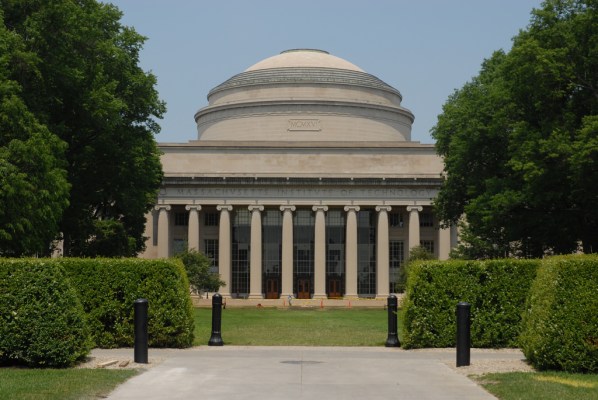If you think that too many VCs these days are playing it safe and only looking to back sure bets rather than moonshots and more ambitious ventures, take a look over at what’s going on in Boston. The Engine, based out of MIT and Cambridge, has raised a $200 million fund to back and help incubate startups working on “tough tech” — new challenges in areas like aerospace, advanced materials, biotech, genetic engineering and renewable energy.
In addition to the new fund, The Engine is announcing its first seven investments:
- Analytical Space: systems that provide no-delay, high-speed data from space, to address global challenges such as precision agriculture, climate monitoring, and city planning.
- Baseload Renewables: ultra low-cost energy storage to replace fossil baseload generation with renewable energy to successfully reduce carbon on a global level.
- C2Sense: a digital olfactory sensor for industrial use cases such as food, agriculture, and worker safety, and transforming smell into real-time data that can be accessed remotely.
- iSee, delivering the next generation of humanistic artificial intelligence technology for human and robotic collaborations, including autonomous vehicles.
- Kytopen, accelerating the development of genetically engineered cells by developing technology that modifies microorganisms 10,000 times faster than current state-of-the-art methods.
- Suono Bio, enabling ultrasonic targeted delivery of therapeutics and macromolecules across tissues without the need for reformulation or encapsulation.
- Via Separations, developing a materials technology for industrial separation processes that uses 10 times less energy than traditional methods.
The idea is to bring more funding to areas that are sometimes considered risky ventures by more established firms that have focused more on software, said Katie Rae, CEO and managing partner of The Engine.
“When you think of tough tech, you have to think of things in the physical world,” said Rae. “Often it’s a combination of software and hardware, and a longer time to market.”
Startups can be from anywhere — not just MIT, or even Boston — but if they take money from The Engine, they need to move themselves to the city, Rae said. There, they have the option of taking digs at The Engine itself. The Engine, she said, plans to build “clusters” — which sound like labs — around specific areas like energy and biomedicine to help provide facilities to the startups.
Rae said that about $25 million of the funding comes from MIT, with the rest from family offices and other funds.
